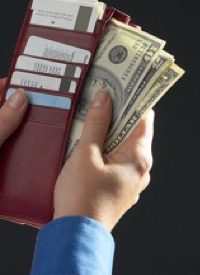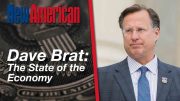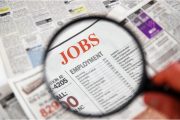
Next up for the federal government: the credit card industry. Having already thrown trillions in taxpayer dollars at the banking sector, and having moved to nationalize several of the nation’s largest banks by buying up preferred shares of stock, the Obama Administration now has the credit card sector in its sights.
In a closed-door meeting on April 23 with executives representing the credit card industry, President Barack Obama made it clear his administration intended to impose new requirements on the industry, eliminating allegedly deceptive fine-print clauses and other things that impede transparency. “I trust that those in the industry who want to act responsibly will engage with us in a constructive fashion, and that we’re going to get this done in short order,” the president said after the meeting. Credit card officials had little to say publicly.
Issuers of credit cards have been blamed for raising interest rates whenever they wish, and for imposing confiscatory late fees. But credit cards are the riskiest form of debt. They offer unsecured lines of credit to people who are generally not known in person by the credit card issuer. They charge higher rates of interest to cover the much greater risks involved in providing credit of this sort.
Americans, who like to complain about rascally credit card companies, nevertheless revel in their availability. More than 80 percent of all American households have a credit card, and the average credit card debt per household was $10,769.00 at the end of 2008.
The proper way to deal with credit card issuers is to take the time and the responsibility to read the fine print, and to keep card balances low or, better yet, zero. But most Americans, addicted to easy credit and unwilling to take responsibility for their own financial choices, are probably content to let the Obama Administration protect them from themselves.
Until Americans become reacquainted with the wise principle of laissez-faire capitalism, caveat emptor, the Federal Government will be only too happy to continue enlarging its power under the pretext of doing for Americans what they should be willing and able to do for themselves.



